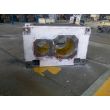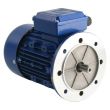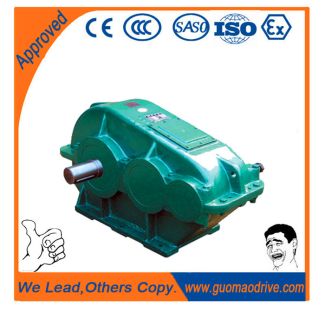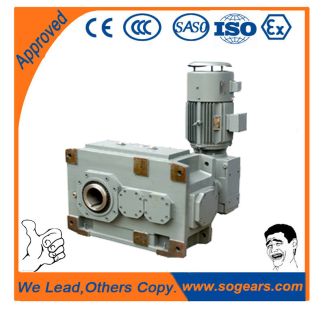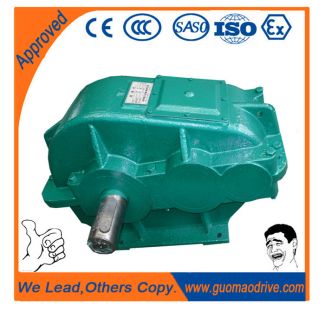H2-KH-28B gearbox flender catalogue Helical gear units H2
In stock
SKU
H2-KH-28B
$535,714.29
Flender/Flender Gear Units/Helical gear units H2
argest and most sophisticated, primarily because of Brazil' preoccupa- tion with reducing its dependency on imports while promoting domestic production and exports. The vast majority of Brazil' gear manufacturers are small- to medium-sized firms operated by Brazilian nationals or by
and exports. The vast majority of Brazil' gear manufacturers are small- to medium-sized firms operated by Brazilian nationals or by  subsidiaries of major foreign gear manufacturers. Foreign producers active in Brazil include Flender, SEW-Eurodrive, Zahnradfabrik Friedrichshafen (ZF do Brasil), Cestari,
subsidiaries of major foreign gear manufacturers. Foreign producers active in Brazil include Flender, SEW-Eurodrive, Zahnradfabrik Friedrichshafen (ZF do Brasil), Cestari,  RENK-Zentrale, Sundstrand (Sundstrand do Brazil Equipmentos), and Transmotionica. The demand for gears and gear products is tied directly to Brazil'
RENK-Zentrale, Sundstrand (Sundstrand do Brazil Equipmentos), and Transmotionica. The demand for gears and gear products is tied directly to Brazil'  major industrial sectors. Growth in overall industrial output in Brazil slowed abruptly in 1, when output grew by less than one percent, significantly lower than the 8.3 percent and 1.3 percent increases recorded in 1 and 1, respectively. This decline resulted from govern- ment-enforced price controls and the failure of Brazil' official plan, the Cruzado Plan, to control inflation. Total domestic sales of industrial gears and gear products in Brazil in 1 was approximately $5 million. 3 Because of the difficulty associated with importing products into Brazil, major foreign gear producers have established production and distribution facilities there, with many of these firms producing wide range of products for that market. Industry officials indicate that the machinery and equipment employed by Brazilian gear manufacturers is built under license from foreign firms. The machinery, however, is reportedly comparable with that used in the United States in terms of age and level of sophistication. In 1, the Brazilian industry continued to encounter annual inflation rates greater than 1,0 percent and low domestic demand. 3 The low level of economic growth asso- ciated with Brazil' numerous investment restrictions contributed to decline in foreign investments in 1-8. Total foreign investment in Brazil dropped from approximately $2.7 billion in 1 to only $3
major industrial sectors. Growth in overall industrial output in Brazil slowed abruptly in 1, when output grew by less than one percent, significantly lower than the 8.3 percent and 1.3 percent increases recorded in 1 and 1, respectively. This decline resulted from govern- ment-enforced price controls and the failure of Brazil' official plan, the Cruzado Plan, to control inflation. Total domestic sales of industrial gears and gear products in Brazil in 1 was approximately $5 million. 3 Because of the difficulty associated with importing products into Brazil, major foreign gear producers have established production and distribution facilities there, with many of these firms producing wide range of products for that market. Industry officials indicate that the machinery and equipment employed by Brazilian gear manufacturers is built under license from foreign firms. The machinery, however, is reportedly comparable with that used in the United States in terms of age and level of sophistication. In 1, the Brazilian industry continued to encounter annual inflation rates greater than 1,0 percent and low domestic demand. 3 The low level of economic growth asso- ciated with Brazil' numerous investment restrictions contributed to decline in foreign investments in 1-8. Total foreign investment in Brazil dropped from approximately $2.7 billion in 1 to only $3| Model Type | Helical gear units H2 |
|---|---|
| Gear Type | Helical Gear |
| Weight (kg) | 25000.000000 |
| Ratio Range | 1 : 9…22.4 |
| Low Speed Output | Hollow shaft with spline acc. to DIN 5480 |
| Nominal Torque | 1400000 Nm |
| Mounting Arrangements | Horizontal mounting position |
| Manufacturer | Flender..Ltd China(Tianjin) |
| Country of Manufacture | Venezuela |
| Data Sheet & Drawings | H2-KH-28B gearbox flender catalogue Helical gear units H2 |




